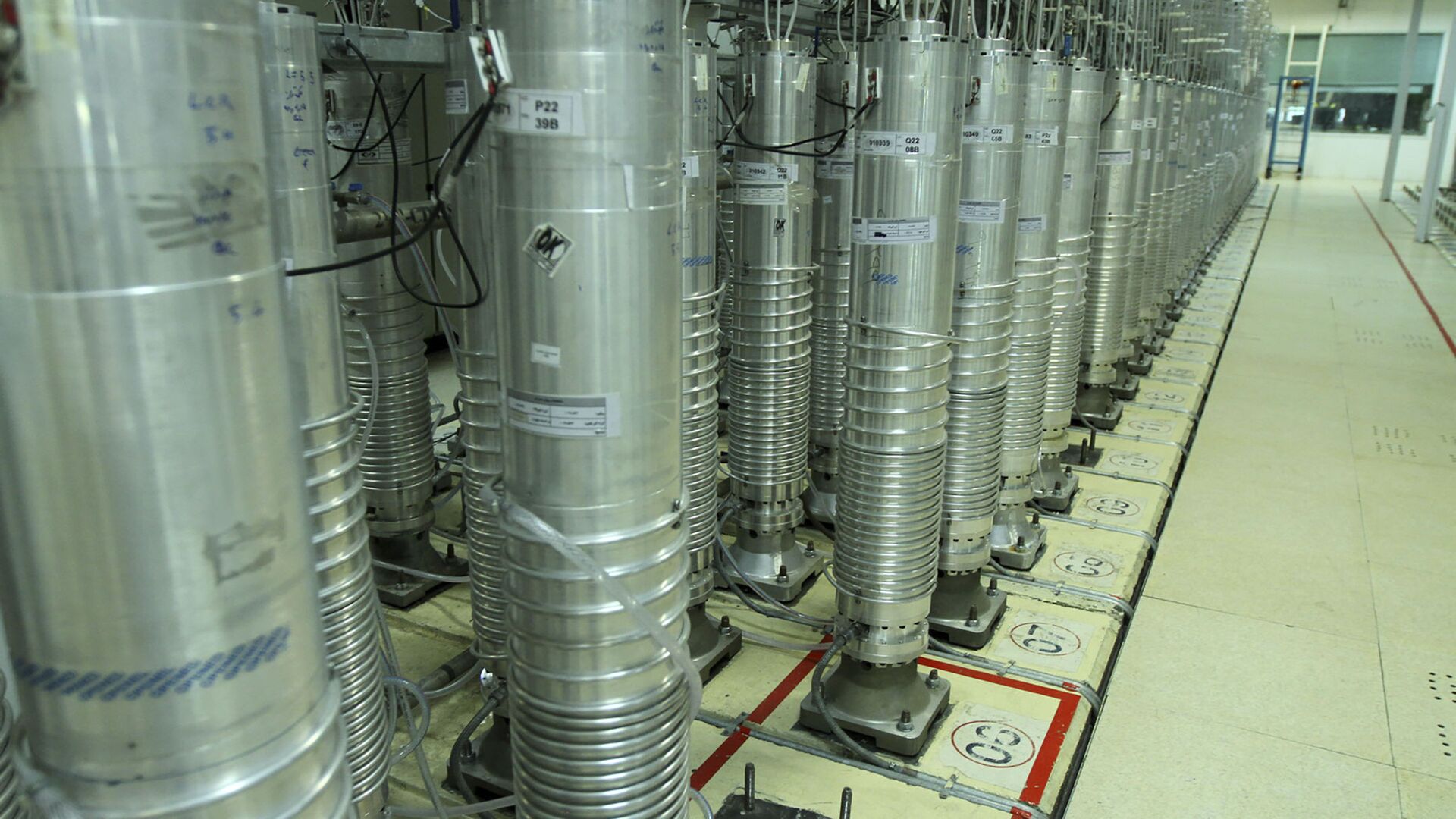According to the terms of the 2015 Joint Comprehensive Plan of Action (JCPOA), the only centrifuges that may be housed underground at the Natanz enrichment plant are the older IR-1 centrifuges, which are only one-quarter as efficient as the newer IR-4 centrifuges. However, Tehran elected to shift the advanced centrifuges underground last year after an apparent sabotage incident destroyed an above-ground centrifuge workshop in July 2020.
The underground facility is considerably more secure than the above-ground installations, as well as better able to withstand air attack - something Israel has repeatedly threatened to do and which Trump also weighed as an option.
In November, the Iranian Majlis passed a law mandating the country begin a gradual reduction of its commitments to the JCPOA, with the intent of pressuring the United States to return to the deal it unilaterally left in 2018. Those measures include increasing the purity of uranium being refined as well as the volume of refined uranium that is stored, as well as limiting the ability of IAEA inspectors to launch surprise inspections. In January, the Atomic Energy Organization of Iran announced a maximum uranium purity of 20% U-235, which is far above the 3.67% allowed under the JCPOA but nowhere near the roughly 90% purity required to make a usable nuclear bomb.
Signed between Iran, the US, UK, France, Germany, European Union, Russia, and China, the deal saw Iran give up its nuclear weapons program and accept strict limitations on uranium production, sufficient to furnish a few small power stations and the nation's hospitals with advanced medical tools. In turn, economic sanctions against the country were dropped.
The US left the deal in May 2018, claiming Iran had been secretly violating the deal and reimposing harsh economic sanctions. However, none of the other nations agreed with the US' assessment and have attempted to remain within the deal, albeit while still bowing to US pressure to curb trade and transactions with Iran.
Prior to taking office, US President Joe Biden indicated his willingness to return to the deal, but since his January inauguration has struck a much more confrontational line, insisting that Iran be the first to nation to act before the US follows. Tehran has insisted the US must return to the deal first, since it was the party that left the deal without Iran having done wrong.


